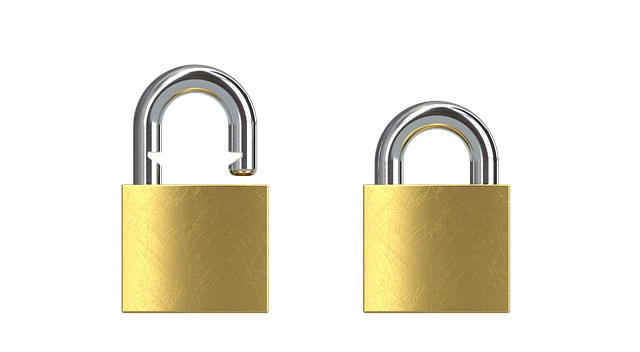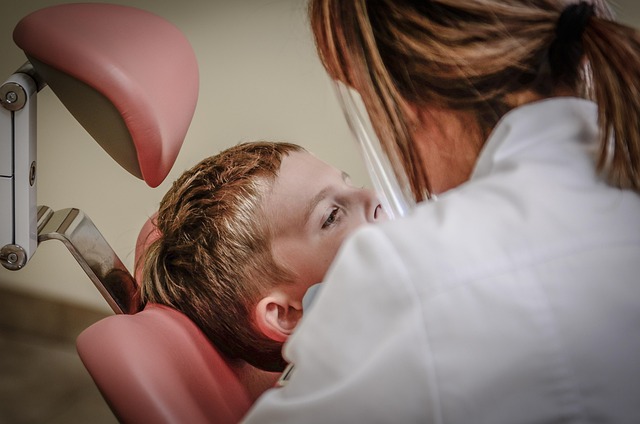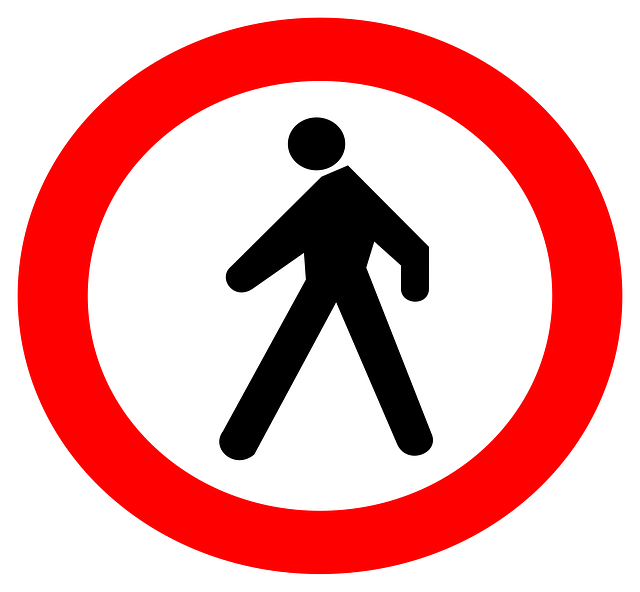Post-surgery care for professional wart removal is crucial. Personalized advice from private wart removal consultations includes cleaning instructions, medication guidance, and protection strategies. At home, maintain a clean, dry environment, use mild soap, warm water, and sterile dressings. Manage discomfort with pain relievers and cold compresses. Prevent infection through strict hygiene practices like thorough handwashing and using antiseptic solutions. Consult specialists for potential complications or persistent warts. Follow post-surgery advice from private consultations to successfully resume daily activities without straining the treated area.
After professional wart surgery, proper aftercare is crucial for a swift recovery. This comprehensive guide explores best practices tailored to your post-surgery well-being. From managing discomfort and preventing infection to returning to daily activities, we provide essential tips to ensure optimal healing. Understanding the right care post-surgery can prevent complications and speed up your journey towards wart-free days. Consider a private wart removal consultation for personalized guidance on your unique situation.
- Understanding Post-Surgery Care: Essential Tips
- Managing Discomfort: Pain Relief Strategies
- Preventing Infection: Hygiene and Cleanliness
- When to Seek Medical Attention: Recognizing Complications
- Recovering Normalcy: Returning to Daily Activities
Understanding Post-Surgery Care: Essential Tips

Understanding Post-Surgery Care: Essential Tips
Following professional wart surgery, proper aftercare is crucial to ensure optimal healing and prevent reoccurrence. During your private wart removal consultation, your healthcare provider will offer tailored advice based on your specific procedure and needs. This typically includes instructions on how to clean the treated area, apply medications or dressings, and protect it from irritation.
At home, it’s essential to keep the surgical site clean and dry, avoiding strenuous activities or exposure to harsh chemicals that could disrupt healing. Discreet medical spa packages for warts often include post-surgery care guidance, ensuring patients receive comprehensive support throughout their recovery journey. For instance, a Bolton wart clinic might recommend gentle, regular cleaning with warm water and mild soap, followed by the application of a sterile dressing as advised by your healthcare professional.
Managing Discomfort: Pain Relief Strategies

After professional wart surgery, managing discomfort is a key aspect of effective aftercare. Patients often experience varying levels of pain and itching during the healing process, which can be managed through a combination of strategies. Over-the-counter pain relievers such as paracetamol or ibuprofen can help alleviate mild to moderate pain. Applying cold compresses for 15-20 minutes several times a day can also reduce inflammation and provide temporary relief from itching.
For more severe cases, patients should consult their healthcare provider for stronger pain medications. Additionally, keeping the treated area clean and dry, as advised by the specialist, is crucial to prevent infection and irritation. It’s important to remember that everyone experiences healing differently, so it’s beneficial to have a dedicated wart removal centre, like those in Liverpool or Canterbury, offering private consultations to discuss personal aftercare plans and address any concerns regarding pain management during recovery.
Preventing Infection: Hygiene and Cleanliness

After professional wart surgery, preventing infection is paramount. Maintaining strict hygiene and cleanliness practices is crucial for fostering a swift recovery and avoiding complications. Patients should be advised to keep the treatment area clean and dry, washing their hands thoroughly before and after touching the site. Disinfecting the skin with mild antiseptic solutions recommended by a healthcare professional can further reduce the risk of infection.
For those considering private wart removal consultations, it’s essential to choose reputable clinics like Sheffield Wart Clinic or Wart Removal Merseyside St-Helens, where sterile environments and expert advice are prioritized. Following these best practices ensures that post-surgery care is done discreetly and effectively, leading to permanent wart solutions without causing further discomfort or unsanitary conditions.
When to Seek Medical Attention: Recognizing Complications

After professional wart surgery, it’s crucial to be vigilant and recognise when complications may arise. While many warts resolve with minimal aftercare, certain signs warrant immediate medical attention. If you notice excessive redness, swelling, warmth, or discharge from the treated area, this could indicate an infection. Additionally, keep an eye out for any unusual pain, as this might suggest a more severe reaction. It’s essential to remember that while most warts are harmless, some can be persistent and may require further treatment, especially if they reoccur within a short timeframe.
For those seeking expert advice, consulting with a specialist at a reputable london wart clinic like Epsom or Woking can provide valuable insights. A private wart removal consultation allows patients to voice any concerns and receive tailored guidance based on their specific case. By staying proactive and being aware of potential issues, individuals can ensure the best possible outcome and maintain good overall health.
Recovering Normalcy: Returning to Daily Activities

Post-surgery, as your body recovers from professional wart removal, it’s essential to understand how to transition back into your daily routine safely and effectively. The first step is to heed the advice provided during your private wart removal consultation. This includes keeping the treated area clean and dry, applying any recommended medications, and avoiding strenuous activities that might irritate the healing skin.
As you begin to feel more comfortable, gradually resume normal activities. For instance, if you had a wart removal procedure in Wolverhampton or Blackburn, or even in Southend-on-Sea, Essex, steer clear of sports or hobbies that cause friction until the affected area is fully healed. Remember, proper aftercare is key to ensuring optimal healing and minimizing the risk of complications.
Post-surgery care is a crucial aspect of successful professional wart removal. By understanding and adhering to best practices, such as managing discomfort with pain relief strategies, maintaining hygiene to prevent infection, recognizing complications, and gradually returning to daily activities, you can ensure optimal recovery. For personalized guidance tailored to your needs, consider booking a private wart removal consultation. This step will help you navigate the aftercare process with confidence and promote faster healing.
